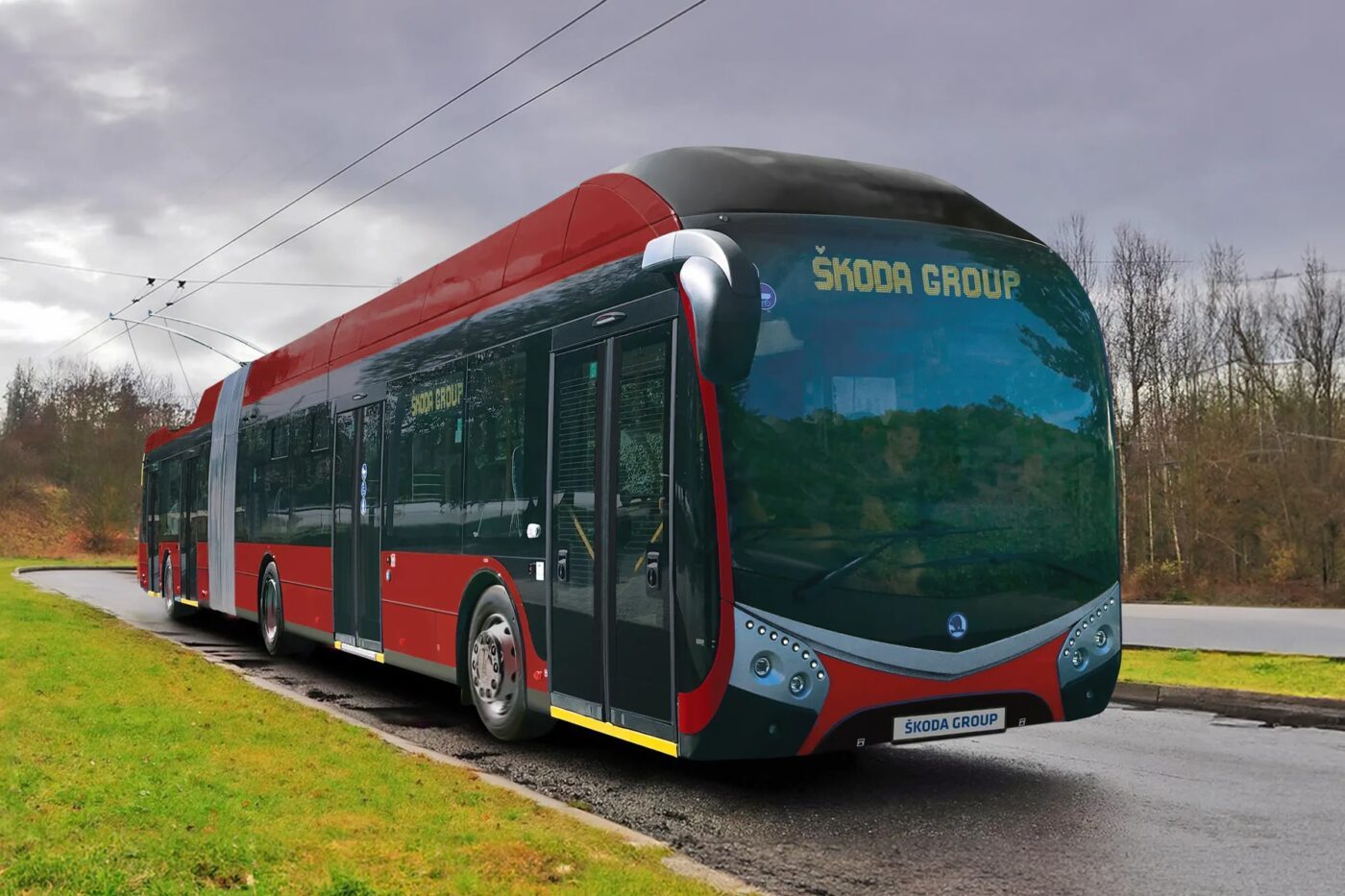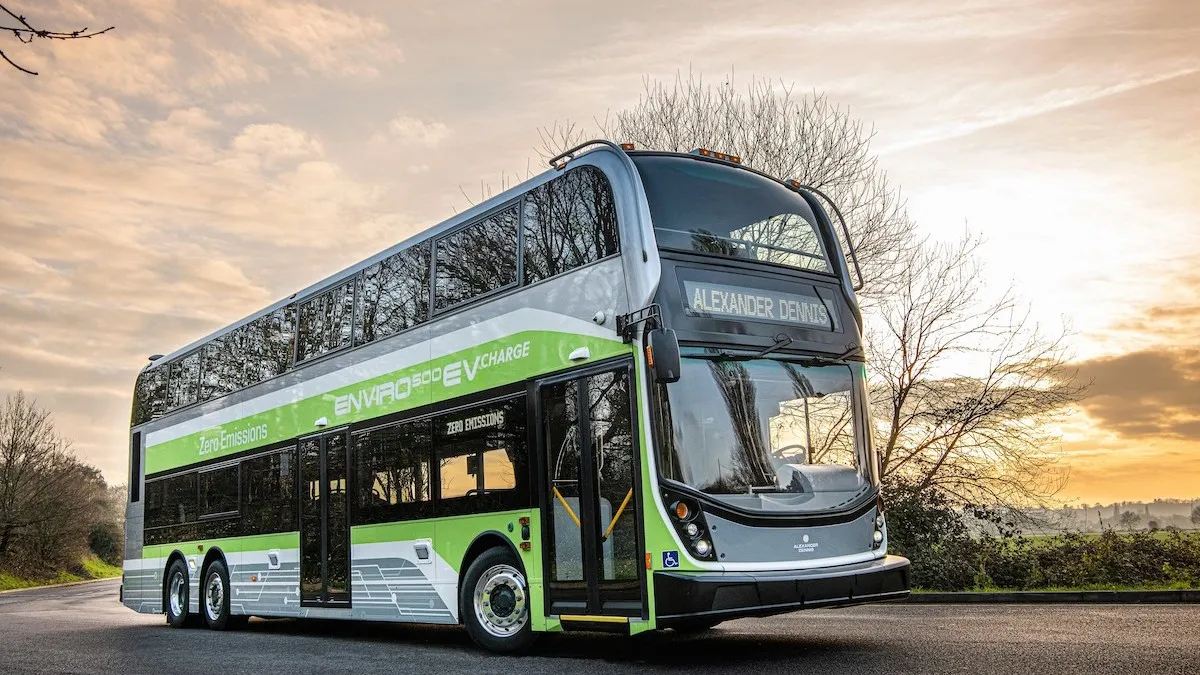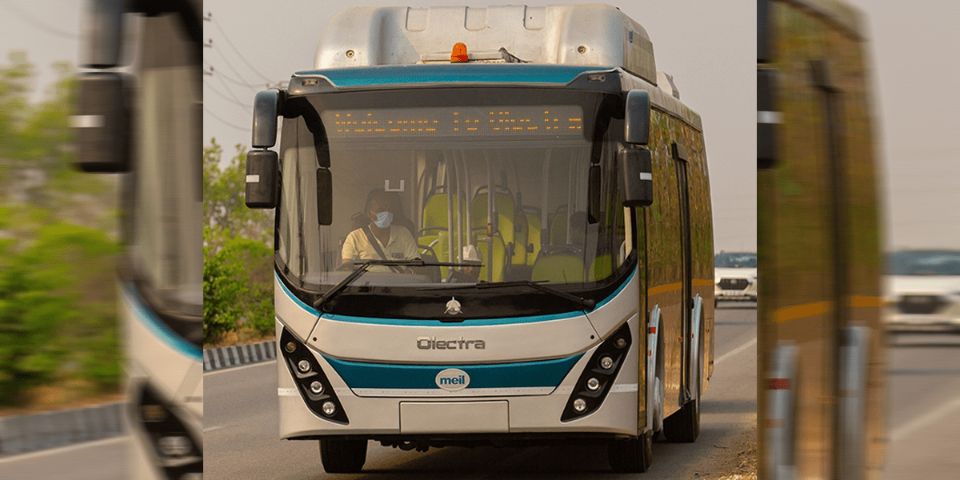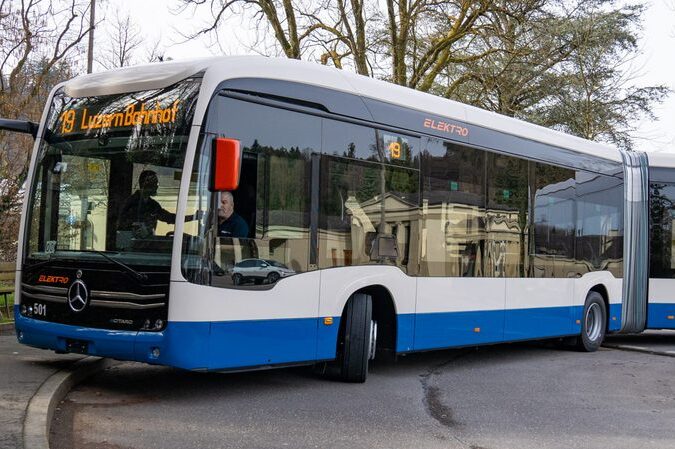The European Union’s ambitious MOBILITIES project, which commenced at the end of January 2024, is geared towards assisting cities in their transition towards sustainable practices. With a focus on implementing innovative mobility and freight transport concepts, the initiative aims to drive urban areas towards greener transportation alternatives. Madrid and Dresden have been selected as the inaugural cities to pilot these groundbreaking ideas.
At the core of the MOBILITIES project lie themes of electrification, automation, and connectivity within urban transport systems. Referred to as “Lead Cities,” Madrid in Spain and Dresden in Germany will serve as testing grounds for 27 innovative mobility solutions across eleven pilot actions. These solutions encompass diverse measures, including the introduction of small self-driving electric buses for public transportation and the establishment of a “Sovereign Mobility Decentralised Data Ecosystem” to facilitate automated driving.
Following the trial phase in the Lead Cities, the project will extend its reach to “Replication Cities” such as Ioannina (Greece), Trenčin (Slovakia), Espoo (Finland), Gdansk (Poland), and Sarajevo (Bosnia & Herzegovina). Here, efforts will focus on replicating successful processes from Madrid and Dresden while tailoring adaptations to suit local contexts.
Recognizing the importance of stakeholder engagement, Urban Transport Labs (UT Labs) will be established in all seven project cities. These labs will serve as platforms for involving residents and other local stakeholders in the co-design of pilot activities and the planning of up-scaling and replication efforts.
Julia Vicente Gómez, the project coordinator, emphasized the holistic approach of MOBILITIES for EU, highlighting its potential to provide invaluable insights into electric, automated, and connected mobility. Gómez underscored the significance of collaboration across sectors and professions, emphasizing the necessity of designing innovation around genuine urban needs.
With a duration of five years, the MOBILITIES project brings together 29 partners from nine European countries. Funded under the Horizon Europe framework, the initiative aligns with the European Green Deal’s objectives of achieving climate neutrality by 2050 and underscores cities’ pivotal role in realizing these ambitious targets. By transitioning to sustainable transportation practices, cities stand to gain co-benefits such as reduced pollution levels, enhanced public health, and a smaller environmental footprint, thus contributing to a more sustainable future.







